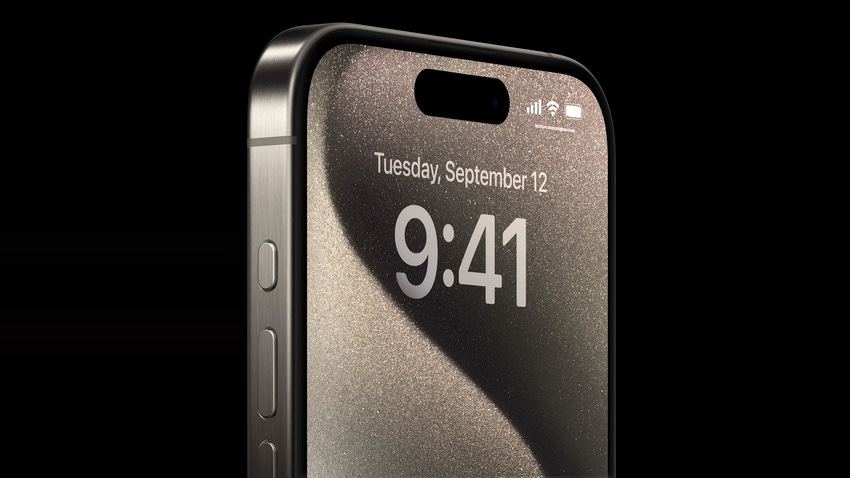DoJ sues Apple for monopolizing smartphone market
A new antitrust lawsuit targets the ecosystem of devices and services Apple has built around its iPhone. Apple said the suit 'would hinder our ability to create the kind of technology people expect from Apple.'

A new antitrust lawsuit from the US Department of Justice (DoJ) alleges Apple used anticompetitive practices to protect its smartphone business.
"Consumers should not have to pay higher prices because companies violate the antitrust laws," said Attorney General Merrick Garland in a statement. "We allege that Apple has maintained monopoly power in the smartphone market, not simply by staying ahead of the competition on the merits, but by violating federal antitrust law. If left unchallenged, Apple will only continue to strengthen its smartphone monopoly."
The lawsuit is the latest antitrust effort by the DoJ against companies in the US tech industry. The department has other cases against Meta, Amazon, and Google.
Moreover, the lawsuit is the latest legal attack on Apple's iPhone business. Other such efforts include Epic Games' lawsuit against Apple, and a variety of fines, laws and investigations into the company in the European Union.
"This lawsuit threatens who we are and the principles that set Apple products apart in fiercely competitive markets," Apple said in a response to the DoJ's lawsuit, which was distributed to various media outlets. "If successful, it would hinder our ability to create the kind of technology people expect from Apple – where hardware, software, and services intersect. It would also set a dangerous precedent, empowering government to take a heavy hand in designing people's technology."
According to Politico, Apple officials have been lobbying DoJ officials, including antitrust head Jonathan Kanter, against the lawsuit in recent weeks.
The claims
The DoJ's 88-page complaint – which includes support from attorneys general in 15 states including California, New Jersey, Oklahoma, North Dakota and Washington, D.C. – covers a wide variety of topics, including some adjacent to the wireless network operators that sell iPhones.
For example, the lawsuit alleges Apple protects its smartphone monopoly by "degrading and undermining cross-platform messaging apps and rival smartphones." That's noteworthy considering AT&T, Verizon and T-Mobile ended their efforts in 2021 to develop a cross-platform RCS messaging service.
The suit also claims the iPhone maker "protects its smartphone monopoly by impeding the development of cross-platform smartwatches." Smartwatches have grown into a sizable business for wireless carriers, which typically charge an extra $10 per month for consumers to connect cellular-capable smartwatches to their accounts.
The lawsuit added, "Apple has disrupted the growth of apps with broad functionality that would make it easier for consumers to switch between competing smartphone platforms."
Broadly, the DoJ's argument against Apple centers on the ecosystem of devices and services Apple has built around its iPhone, and the measures the company has taken to prevent some competing products and services from entering that ecosystem.
Apple's shares were down roughly 3% following the release of the DoJ's lawsuit. Apple's market cap remains over $2 trillion.
About the Author(s)
You May Also Like




_International_Software_Products.jpeg?width=300&auto=webp&quality=80&disable=upscale)







